Types of Contaminants Found in Private Well Water
The water from private wells can contain contaminants from various sources, such as agriculture, industry, and even natural processes.
Private well water is an excellent source of clean drinking water for many households. However, the water from these wells can contain contaminants from various sources, such as agriculture, industry, and even natural processes.
Here are the different types of contaminants found in private well water:
Bacteria
Bacteria can enter the well from various sources, including surface water runoff and animal fecal matter. If ingested, it can cause gastrointestinal illnesses like diarrhea, nausea, and vomiting.
Viruses
Viruses can also contaminate water, even in private wells. They can infiltrate the water through contaminated soil or water sources. Some conditions the viruses can cause include gastroenteritis, hepatitis A, and the flu.
Nitrates and nitrites
Artificial fertilizers and human and animal waste are sources of nitrates and nitrites, which can contaminate private wells via groundwater movement, water runoff, and surface seepage. After ingestion, nitrates become nitrites and can cause significant health issues, especially for young children. Substantial levels of nitrates in drinking water may cause diseases like methemoglobinemia, which affects the ability of blood to carry oxygen.
Heavy metals
Heavy metals like lead, arsenic, and mercury can also exist in private wells. These contaminants come from mining, industrial waste, and pesticides. Heavy metals can cause various health problems, including kidney damage, nerve damage, and developmental delays.
Pesticides and herbicides
Pesticides and herbicides are also common contaminants found in private well water. These contaminants can enter the well water through agricultural land or golf course runoff. They can cause serious health problems like cancer, reproductive issues, and stunted development.
Organic chemicals
Various industrial and agricultural items contain organic chemicals. These chemicals can be found in dyes, paints, pesticides, solvents, pharmaceuticals, disinfectants, sealants, and petroleum products. Disposing of waste, accidental spills, and runoff from surface water can cause organic chemicals to enter groundwater and contaminate private wells.
People who consume high levels of these chemicals may experience harm to their liver, kidneys, circulatory, reproductive, and nervous systems.
Radioactive materials
Radionuclides are radioactive variants of elements such as radium and uranium that risk human health. These substances can enter the environment through uranium mining, coal mining, and nuclear power production. Some regions may also have naturally occurring radionuclides in groundwater. Radionuclides can infiltrate private sources through groundwater flow, wastewater seepage, and flooding. Ingesting water contaminated with radionuclides can lead to toxic kidney effects and increase the likelihood of developing cancer.
Get a professional analysis
Contaminants in well water don't necessarily mean the water is unsafe to drink. However, it's recommended that private well water be tested regularly by a certified laboratory to ensure it is safe to drink.
Private well water can be a great source of clean drinking water. Regular testing and monitoring of well water can help ensure its safety. If contaminants are present, it's best to leave the removal to professionals to avoid potential risks to human health.
Pump Repair Services provides residential and commercial well pump repair, transfer pump repair, and custom water treatment system services in the Orlando area. (Sorry, no pool pumps or sewer pumps.) We offer 24-hour emergency service. Call us to learn more.

